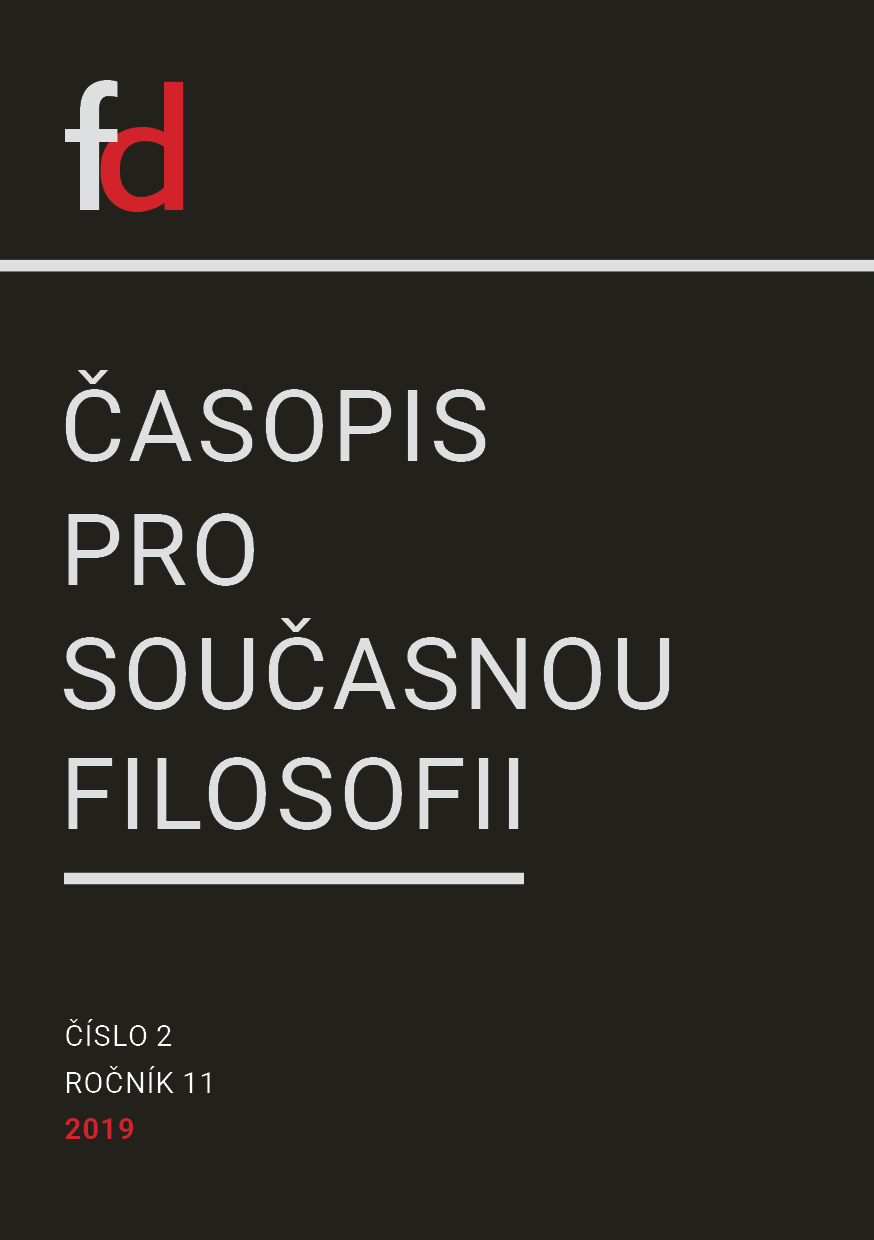Collective Belief and the Intentional Strategy
DOI:
https://doi.org/10.26806/fd.v11i2.303Abstrakt
What do we mean when we say that some group believes something? Do we simply mean that all the members of the group believe it, or are we acknowledging the existence of some kind of group agent? According to Margaret Gilbert, talk about group mental states refers to the specific kind of agreements she calls joint commitments — that is, to collectively believe something means to be committed with others to believe it. In my article, I will first present Gilbert’s approach in more detail but will ultimately show that this approach is problematic and will refute it. I will briefly consider the most common solution to the problems Gilbert’s account faces, which lies in replacing collective beliefs with acceptances, but I will show that this solution will not do either. The solution I will then present will be based on Daniel Dennett’s intentional strategy, which is a method of interpreting the things around us and predicting their behaviour by treating them as rational agents with relevant intentions. I will try to show that all the problematic cases of collective belief can be explained by applying the intentional strategy to the groups in question.
Stahování
Publikováno
Číslo
Sekce
Licence
Autoři, kteří publikují v tomto časopise, souhlasí s následujícími body:
- Autoři si ponechávají copyright a garantují časopisu právo prvního publikování, přitom je práce zároveň licencována pod Creative Commons Attribution licencí, která umožňuje ostatním sdílet tuto práci s tím, že přiznají jejího autora a první publikování v tomto časopisu.
- Autoři mohou vstupovat do dalších samostatných smluvních dohod pro neexkluzivní šíření práce ve verzi, ve které byla publikována v časopise (například publikovat ji v knize), avšak s tím, že přiznají její první publikování v tomto časopisu.
- Autorům je dovoleno a doporučováno, aby zpřístupnili svou práci online (například na svých webových stránkách) před a v průběhu redakčního řízení jejich příspěvku, protože takový postup může vést k produktivním výměnám názorů a také dřívější a vyšší citovanosti publikované práce (Viz Efekt otevřeného přístupu).


